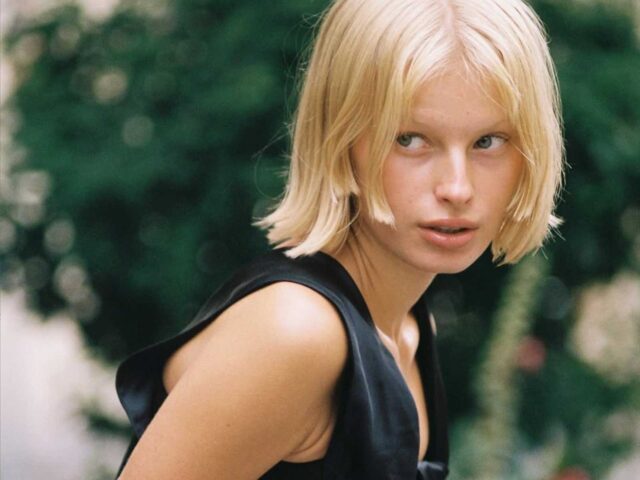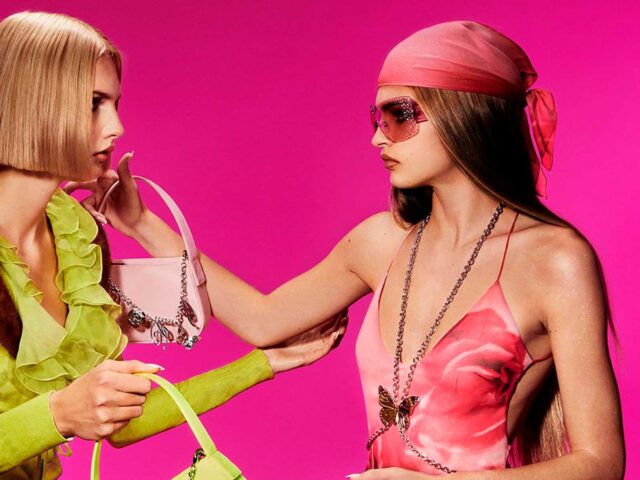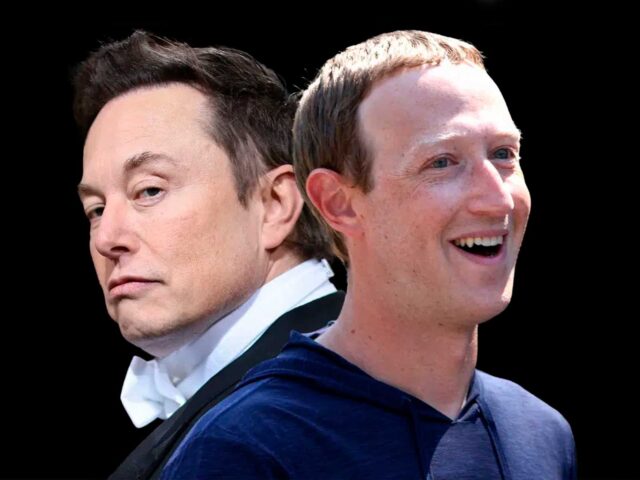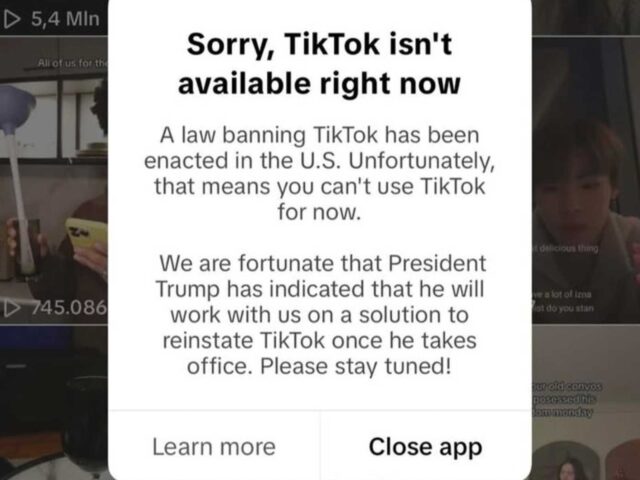The world built on an illusion of absolute truth that enveloped the world of beauty seems to be dissolving little by little. The aversion generated between products and brands is already a reality on social networks: TikTok’s “de-influencer” trend has arrived to counteract viral products.
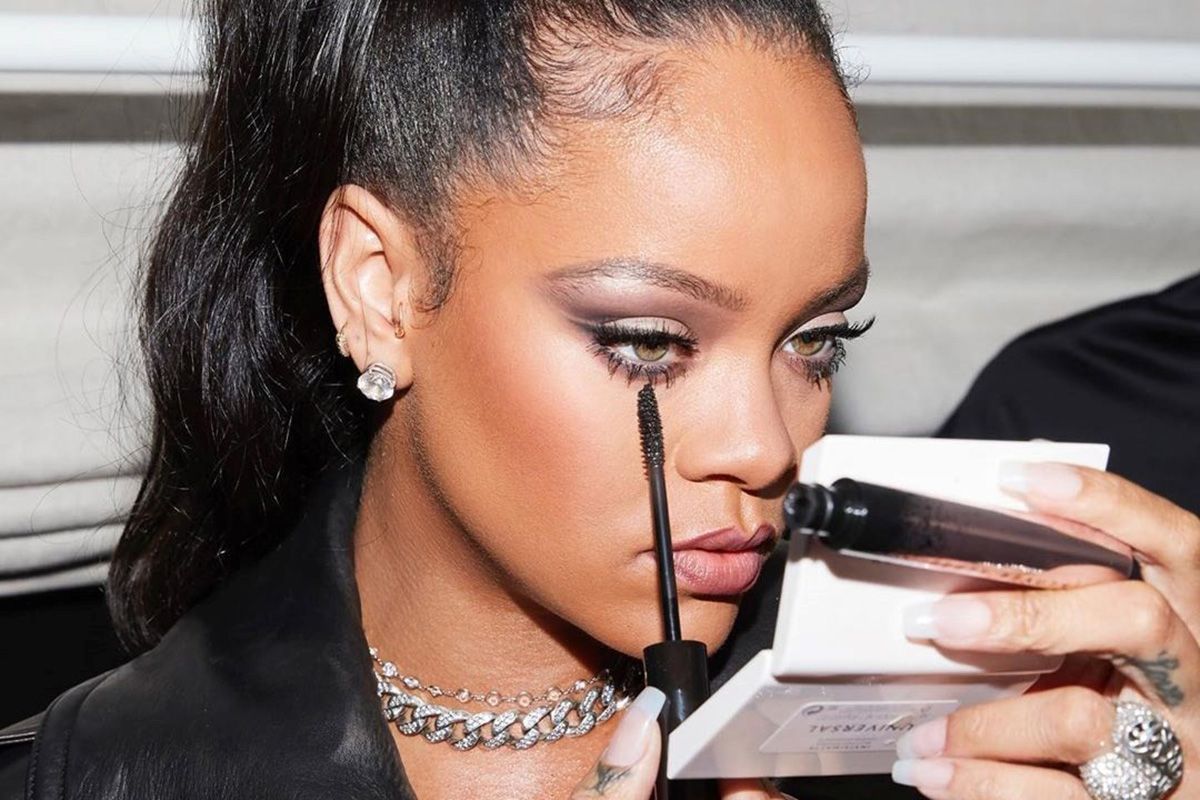
In times gone by when influencers or beauty enthusiasts would tell their experiences of using, in a positive version, all those products that beauty brands launched to incite consumption, they now come up against this new antagonistic current based on anti-beauty. Now, the creators are taking to TikTok with recommendations on what not to buy, giving their honest opinion on the most popular beauty products.
AGAINST THE CULTURE OF VIRALITY
A series of hastags such as #badmakeup, with more than 188 million views, and #worstskincare, with 28 million, are then projected from the blue light, visited by countless users to confirm or approve their latest makeup or skincare purchases. Similarly, the hashtag #deinfluencing -which has more than 30 million views- adds to this stream of videos that counteract the hype surrounding some of the app’s most promoted products.
@alyssastephanie I love deinfluencing ❤️ #deinfluencing #deinfluencergang #cultproduct
This subversive act with which to somehow end the artificiality suspended on the internet, and bring us closer to reality, has been something that Bethenny Frankel, former star of “The Real Housewives,” has stood out for. The actress is known for critiquing on TikTok and Instagram some of the cult celebrity brands, truly letting us know what they are all about.
However, in the midst of all this paradigm, commercial interests still prevail, and that superficiality that sustains brands and their strategies, makes that, in the end, we cannot determine whether a product is really worth it or not because of a video. Even so, and although de-influencing is not going to put an end to the phenomenon of viral products, this trend gives us the opportunity to reflect on whether we really need all these products, or if they are just impulse or emotional purchases.
Sigue toda la información de HIGHXTAR desde Facebook, Twitter o Instagram
You may also like...

